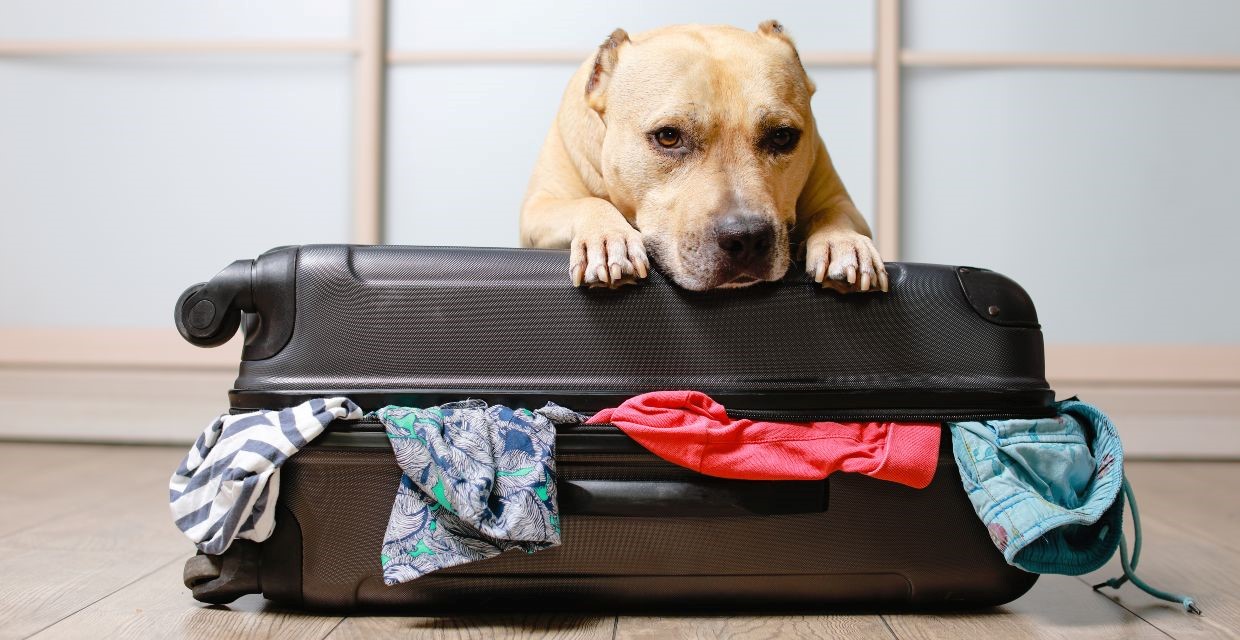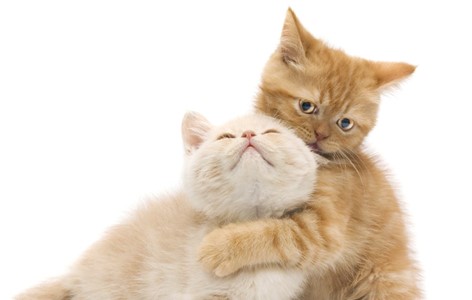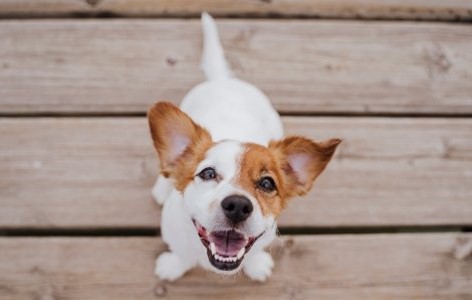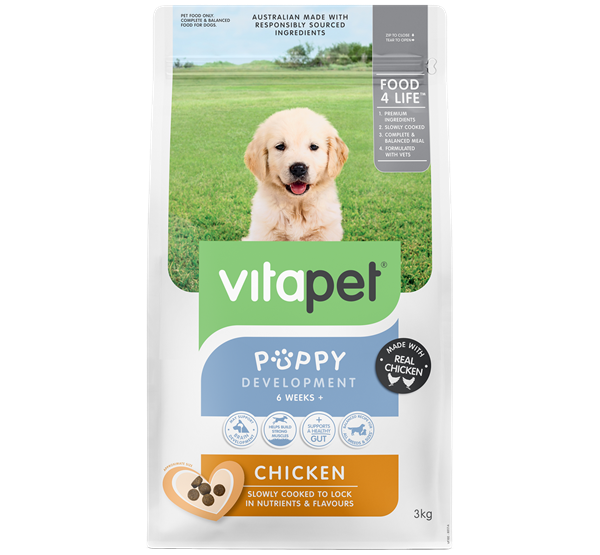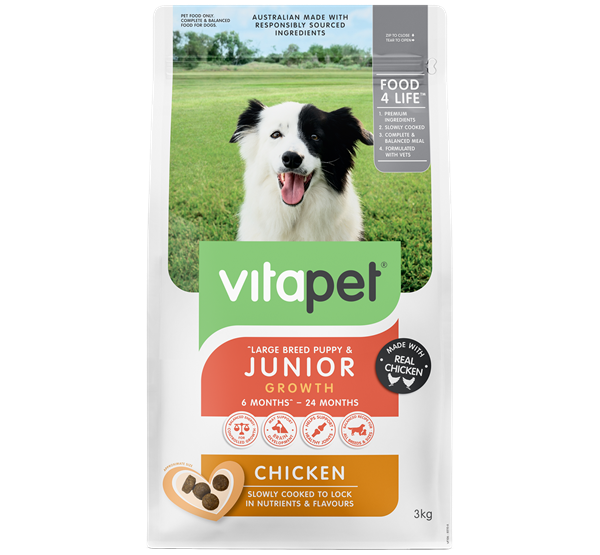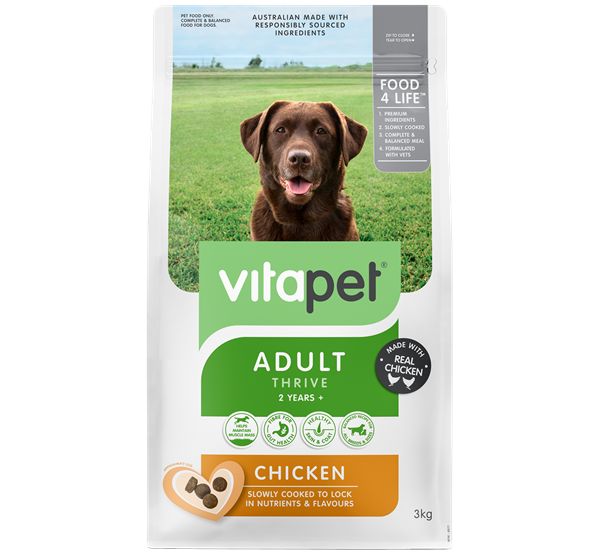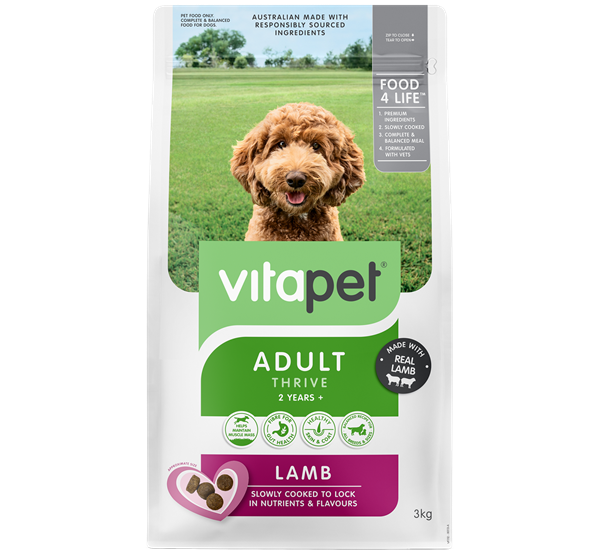Holiday time can cause distress for your pets.
Changes in family routine, like teens going flatting or overseas, changes in work shifts, divorce or death – when suddenly the person who has fed or walked or played with the cat or dog has gone – can cause anxiety.
Planning how you will deal with it and preparing the pet is the best idea.
Maybe a dog walker, doggie day care, or a neighbouring child to come in and play with your pet could be arranged, so the pet gradually gets used to the change.
Generally speaking, dogs are unhappy about being left alone. This is because dogs are social animals and like company. But most of them can, if it’s introduced gradually, learn to cope with being left alone.
A percentage of animals, however, don’t cope well with stress, like people.
Sometimes when dogs are left alone, they can wind themselves up into a full-blown panic attack, trying to gnaw their way out of the house through doors or windows, jump through glass doors, even destroying the house if left long enough.
You know a dog is distressed if the neighbours report hearing noises and barking when you are away from the home.
Vocalising can be an early sign.
Depending on the personality of your pet, treatment can include anti-anxiety medication, pheromone therapy and a behaviour modification program. Once the anxiety is relieved, the animal can learn to cope with the changes.
To help your pup get used to the idea of spending time alone, it's a good idea to get them used to being left alone from early on.
For example, after a big play, you could put pup into their play pen with some toys and leave them alone for a while to amuse themselves, and gradually extend the time.
So, when you do have to go out - to work, the shops, visit friends or family, they're used to the idea.
Or if you’re planning to leave your dog in a kennel when you go away, introduce the idea slowly, with short day stays and a couple of overnight stays, so it understands you are coming back.











